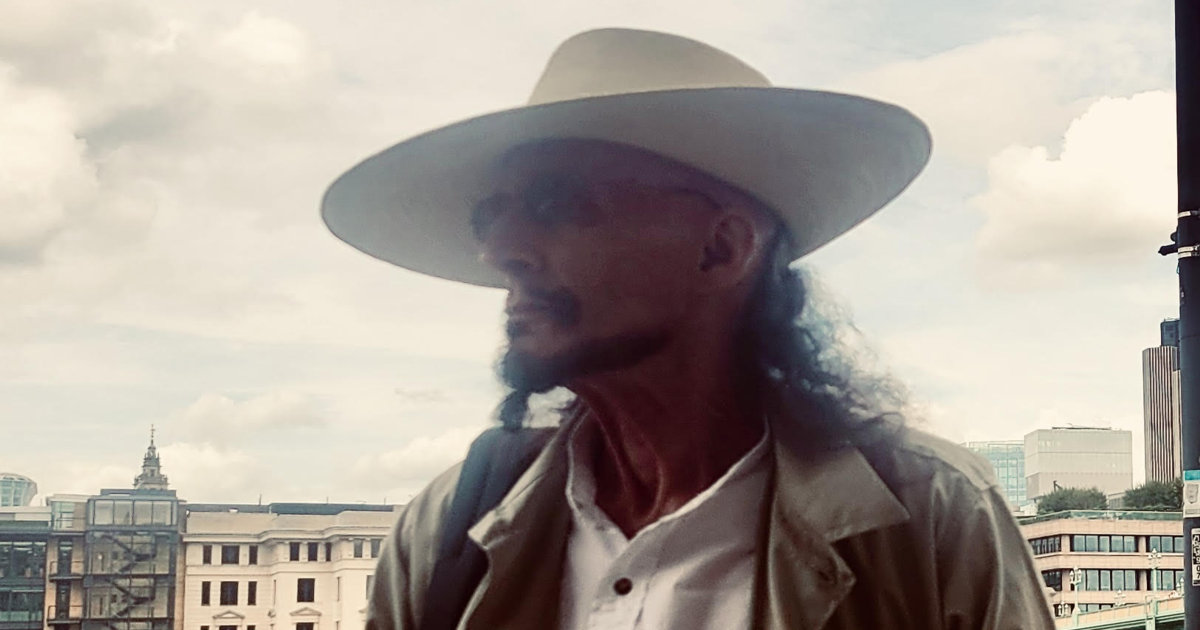When I got out of the army I decided to take advantage of the GI Bill and continue my graduate work in literature. One professor and one course stood out in particular: a professor who made Professor Kingsley, played by John Houseman, in The Paper Chase, look like Mr. Chips by comparison, and the summer’s course that was headed up by him: The Shakespeare Institute, in Stratford, Connecticut for the entire summer where we had students, scholars, directors, and actors from all over the world.
I mention this because my daughters and I, who are presently staying in an airbnb directly over the Thames just a few miles up river from Shakespeare’s Globe Theatre, are planning on taking an Uber boat ride down river tomorrow to see it. Again, this is not a travelog or any attempt to make any statement on Shakespeare, but merely to continue a theme I’ve been addressing from the start: that of our dreams versus reality. Because although my two favorite quotes from two of his greatest plays are the entire soliloques of Macbeth and Hamlet – “Tomorrow and tomorrow and tomorrow” – and “To be or not to be,” it’s what they bring to mind in the last chapter of Ecclesiastes that in my mind is the perfect counterpoint: “Remember now thy creator in the days of thy youth, while the evil days come not, nor the years drawn nigh, when thou shalt say, I have no pleasure in them,” and continues with some of the most poetic metaphors on our ultimate fate – a subject I explore in depth in the 700 pages of my trilogy.
In comparing two of his paintings, in the second novel of the trilogy, the narrator is comparing one of an old man to one of a young man: “Because maybe that old man is really that young man?… or that young man is now that old man?…” and then goes on to reflect on the possible significance of them, “because after all, is life life without those dreams? Because what are those dreams? Are they a lie? Or a greater truth? Heaven will be beautiful… so shouldn’t any foretaste of Heaven also be? Isn’t that what the promise holds? Heaven? The symbols may differ, but isn’t that what they mean? The need for heaven?….”
Because earlier in the first novel of the trilogy, he envisions a more exciting life than that of a high school teacher where he “was really meant to be a great poet-artist-revolutionary… instead of a high school teacher” and consequentially fantasizes himself as a Hamlet-like character, which initially starts out in the form of fantasies to drawings to full color paintings on a mass scale. “Those who can, do – those who can’t, teach.” George Bernard Shaw.
Anyway, tomorrow – The Globe.
To be continued.

